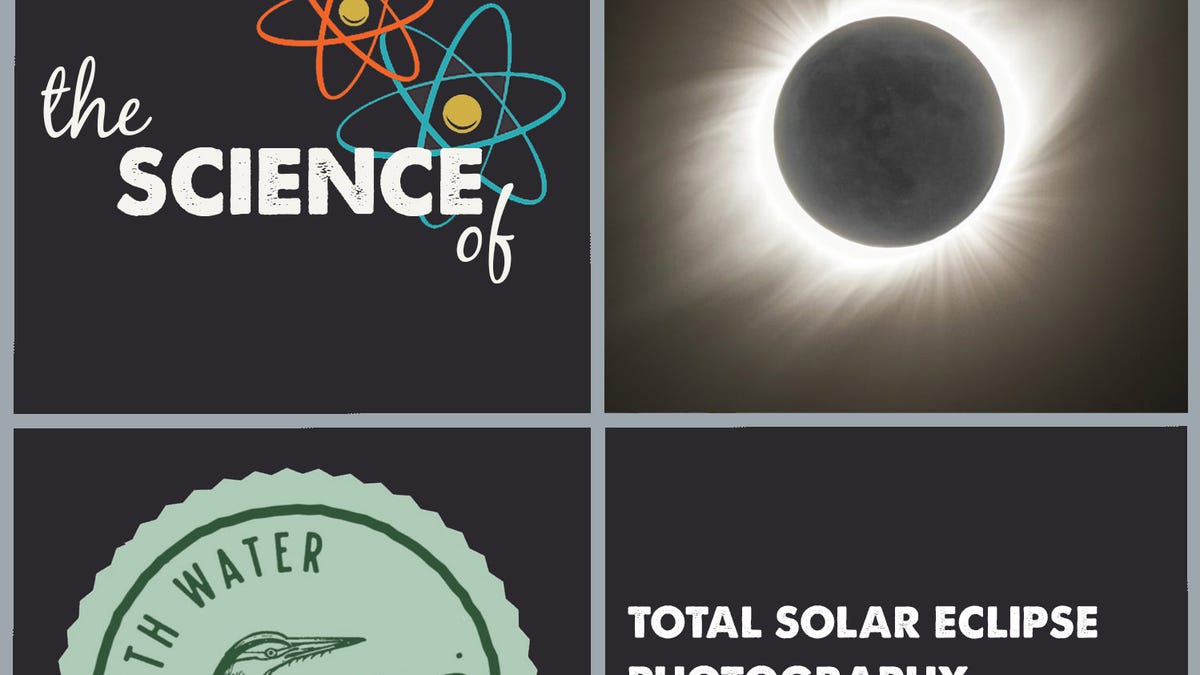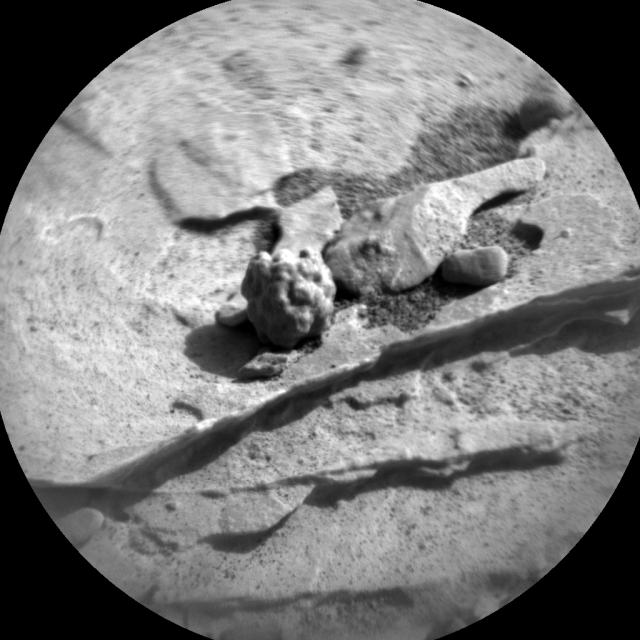A new discovery by UK scientists has brought hope that a planet may be able to support human life. Gliese 12 b, located just 40 light-years away, orbits its host star every 12.8 days. This planet, similar in size to Venus, has an estimated surface temperature of 42C, making it cooler than most of the 5,000 confirmed planets outside our solar system.
Meanwhile, a study by Dr. Richie Howard, Curator of Fossil Arthropods at the Natural History Museum, sheds light on a prehistoric ‘Dune-like’ worm that existed around 200 million years before dinosaurs. The fossil of this worm was discovered in a Victorian quarry site in Herefordshire in the 1920s and has only now been properly analyzed by scientists.
Scientists are also warning of an ‘extreme’ hurricane season in the North Atlantic. The National Oceanic and Atmospheric Administration predicts up to 13 Atlantic hurricanes of category one or higher between June and November. Additionally, as many as seven major hurricanes of category three strength or higher could occur this year, doubling the usual number in a season.
In other news, scientists have successfully used drones to validate walrus counts by comparing them to satellite images from space. Furthermore, individuals with commonly autocorrected names are fighting back against technology by advocating for their rights and raising awareness about the potential dangers and biases that can arise from automated algorithms



